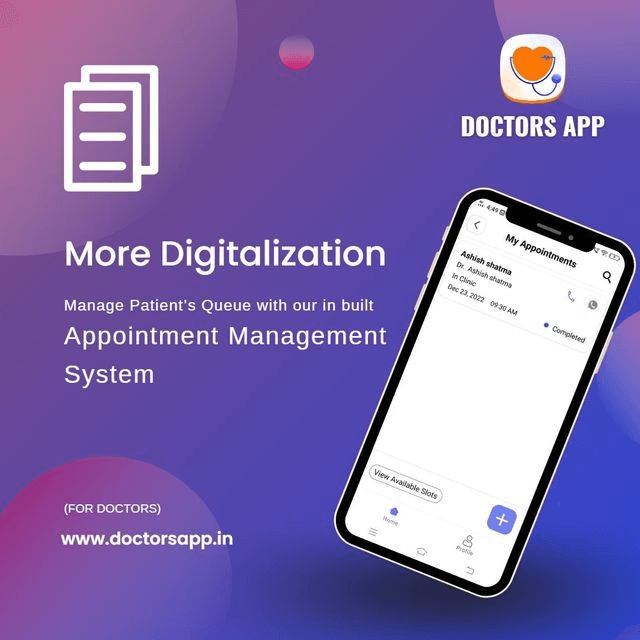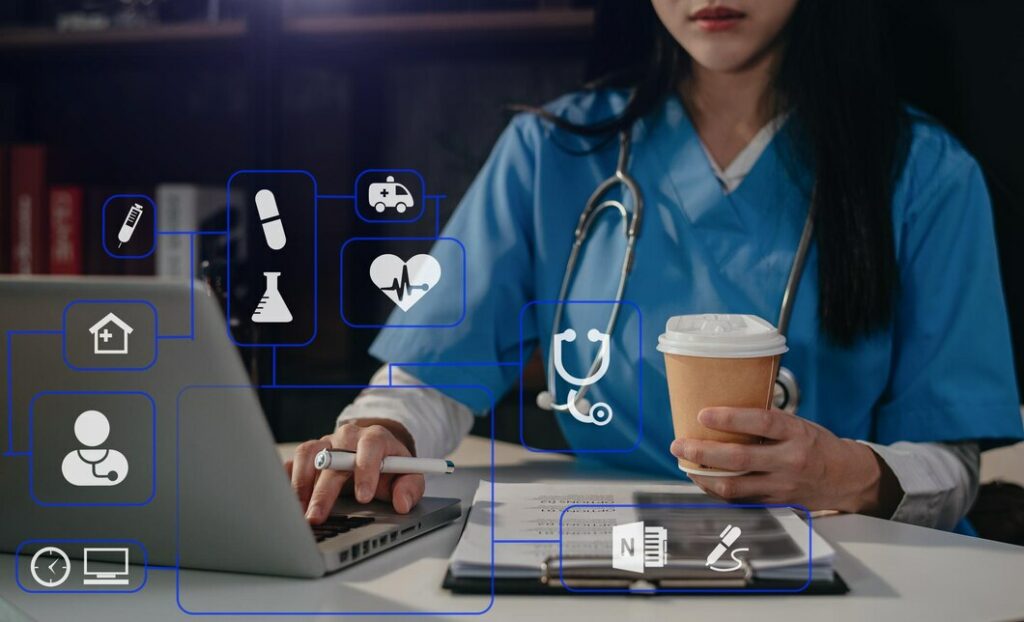
Oct 27, 2024


Compare the Top EMR/EHR Software Solutions for Diabetology and Internal Medicine Clinics in India
Read more
Explore how Cloud-Based EMR systems revolutionize healthcare with AI-powered automation, seamless access, and secure patient data management. Discover why Doctors App is the top choice.
Read more
Revolutionizing Clinical Practice with Seamless, Digital Handwriting Solutions
Read more